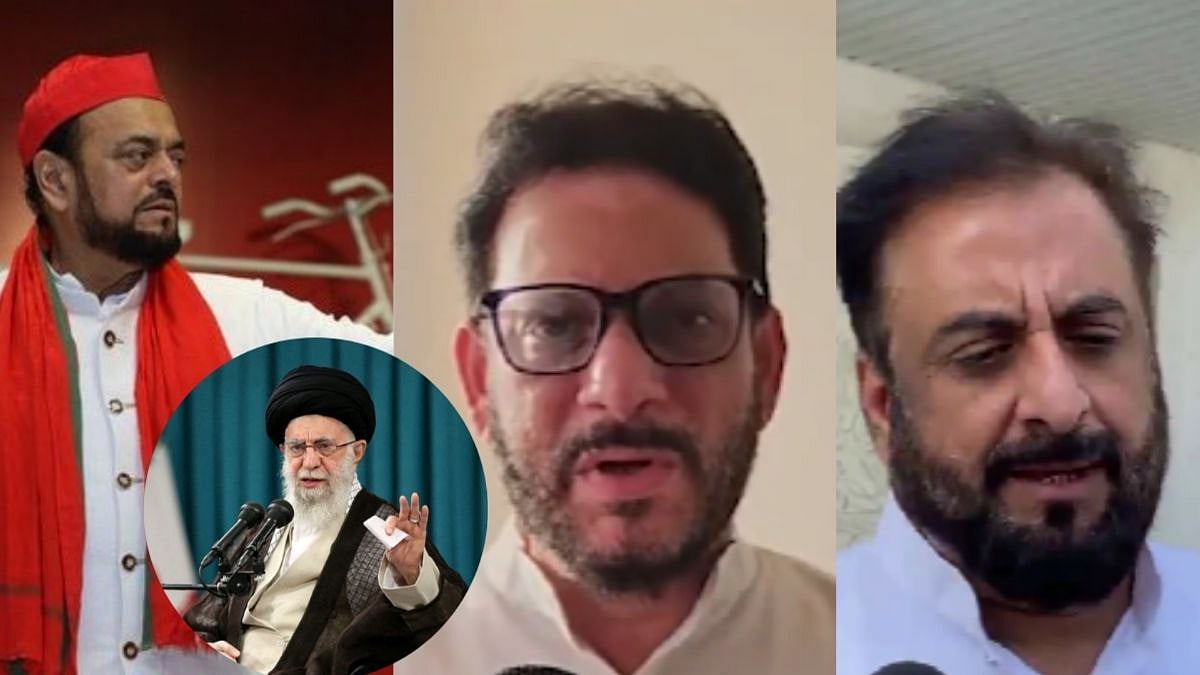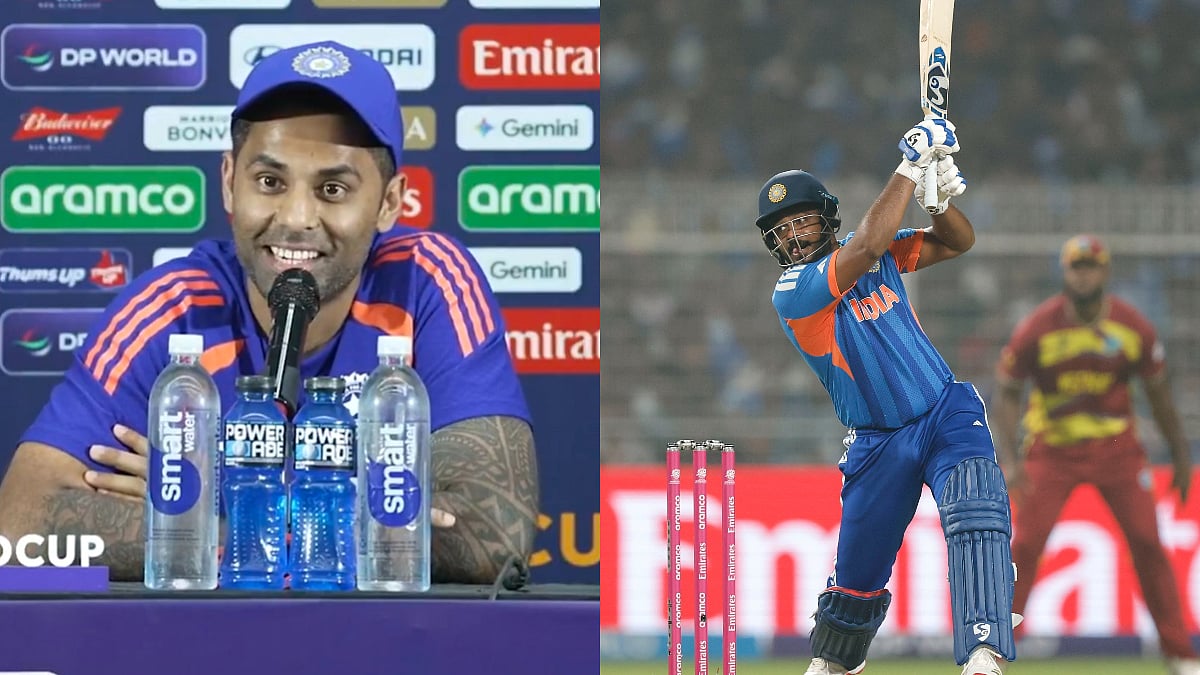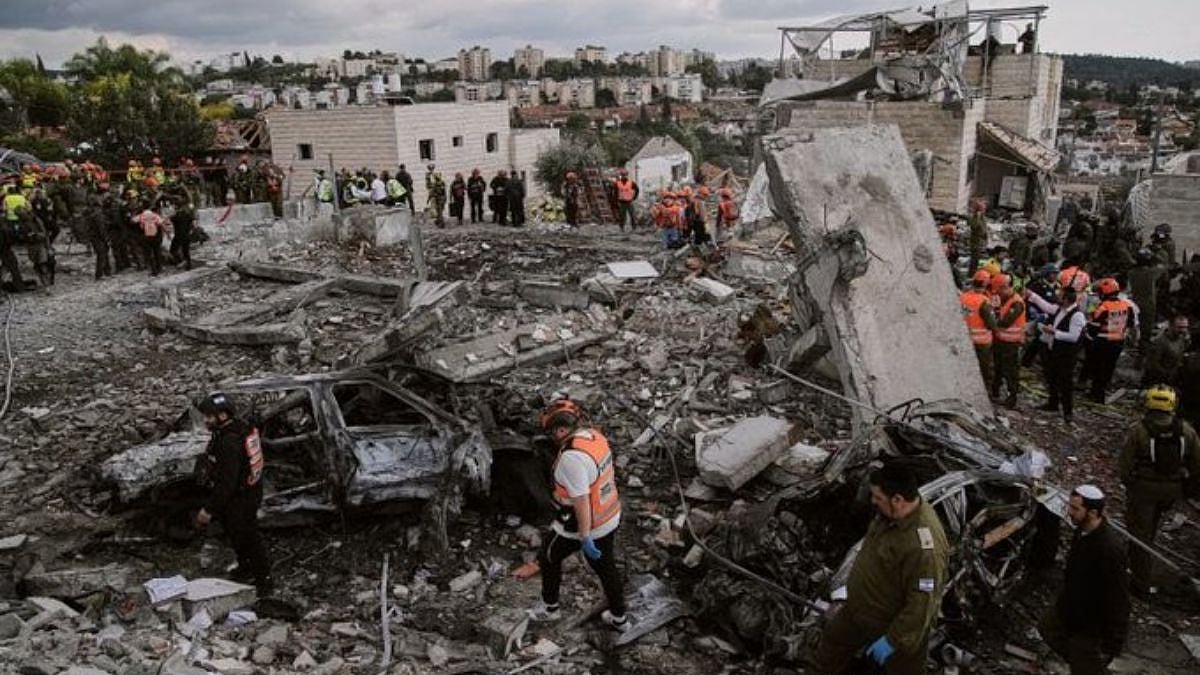The G-20 Bali summit, which ended on Wednesday, echoed Prime Minister Narendra Modi’s earlier call for an immediate end to the Russian aggression against Ukraine. Mr Modi had made headlines in the global media when he told the Russian President that “now is not the time for war”.’ He had met President Putin in Samarkand on the margins of the Shanghai Corporation Summit in September. The G-20 communique noted how most members deplored the Russian aggression, demanding immediate withdrawal by the aggressor from the territory of Ukraine. It was pointed out how the Ukraine war had aggravated the vulnerabilities of the global economy, constraining growth, fuelling inflation, disrupting food and fuel supplies, etc. Notably Russia and China demurred, arguing that the G-20 was not the forum for settling security issues, though conceding that war can indeed cause global economic crises.
India was an active player in the global forum, with the PM engaging leaders from the US, UK, France and a number of other countries, exchanging views in a short but largely informal setting. However, he had a significant meeting on the margins of the summit with US President Joe Biden. They discussed matters of strategic interest, as also the Ukraine war, and explored avenues for cooperation in advanced technologies and issues of strategic security. Despite differences over Ukraine, the US-India relationship is further deepening, given the mutual benefits said to flow from it.
Also, there was keen interest in knowing whether or not Mr Modi and Chinese leader Xi Jinping would meet in Bali. Ahead of the SCO meeting in Samarkand in September, too, there was similar curiosity in diplomatic circles about the Modi-Xi meeting. Unlike Samarkand, in Bali at least the two leaders were photographed shaking hands and exchanging pleasantries. In diplomacy even a barely visible twitch of the lips assumes significance — as in the mid-Sixties after the Sino-Indian war, Mao Zedong had smiled broadly while shaking hands with Brajesh Mishra, who was then India’s charge d’affaires. So diplomats from both countries which are locked in a border stand-off for over two years will minutely study the body language of their respective leaders in the presence of fellow summiteers. Undoubtedly in recent years India has come to play a more active role in multilateral forums, given that it is a growing economic and military power, and more pertinently, the world has once again come to be divided broadly in two mutually hostile blocs, one led by the US and the other by China. In this broader division Mr Putin is virtually obliged to play second fiddle to Mr Xi.
As the Ukrainian war has shown, Russia is no longer the superpower it was all through the Cold War decades. Now it is a much diminished economic and military power, as brought out most starkly by its daily reverses in Ukraine. Amidst the growing US-China rivalry the world has come to value India’s independent role. Mr Modi has turned out to be a deft player on the international stage. It is a measure of India’s rising profile that despite refusing to toe the US line on Ukraine, despite openly defying economic and military sanctions against Russia following its aggression against Ukraine, India continues to be wooed by the West though Russia has become the number one source for oil imports since last February when it attacked Ukraine. We have not hesitated to call on Mr Putin to end his war against Ukraine.
Admittedly, what goes on in various global forums is sought by participating leaders to be put to good use to burnish their domestic image. Thus, Mr Modi’s intervention in Bali pointedly asserted that the post-Ukraine economic crisis had caused great fertiliser shortage, increasing prices and disrupting supplies. “Today’s fertiliser shortage is tomorrow’s food crisis” would find traction in India as well as other developing economies. As expected, Mr Modi’s media machine was quick to put out videos of his confidently meeting his counterparts from a number of countries, though we remain curious as to whether he talked with Rishi Sunak, the newly minted UK Prime Minister, in Hindi.




